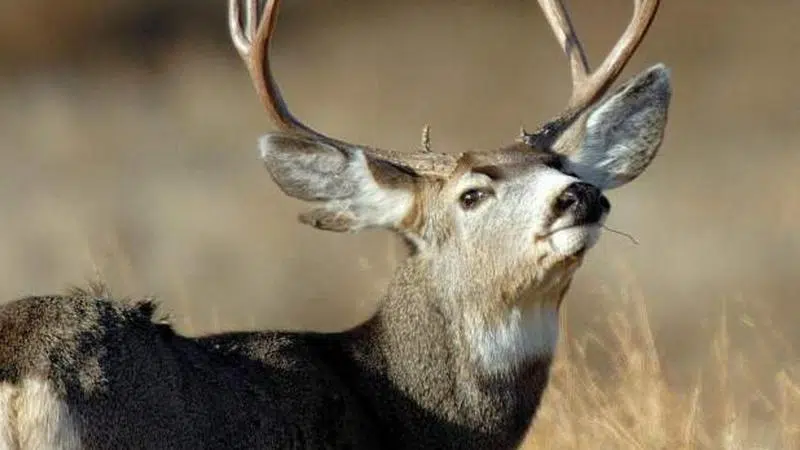
Province: Wildlife belong in the wild
Spring can be an exciting time for nature enthusiasts with young animals like fawns, ducklings and rabbits appearing.
However, the provincial government wants to remind the public to leave wildlife alone, even if they appear lost or helpless. Bruce Reid, a conservation officer in the Swift Current area, said the animal’s chances of survival decrease when they come into contact with humans.
“The most important reason for leaving wildlife in the wild is that they’re wild and taking them into captivity is the last place they do well,” he said.


